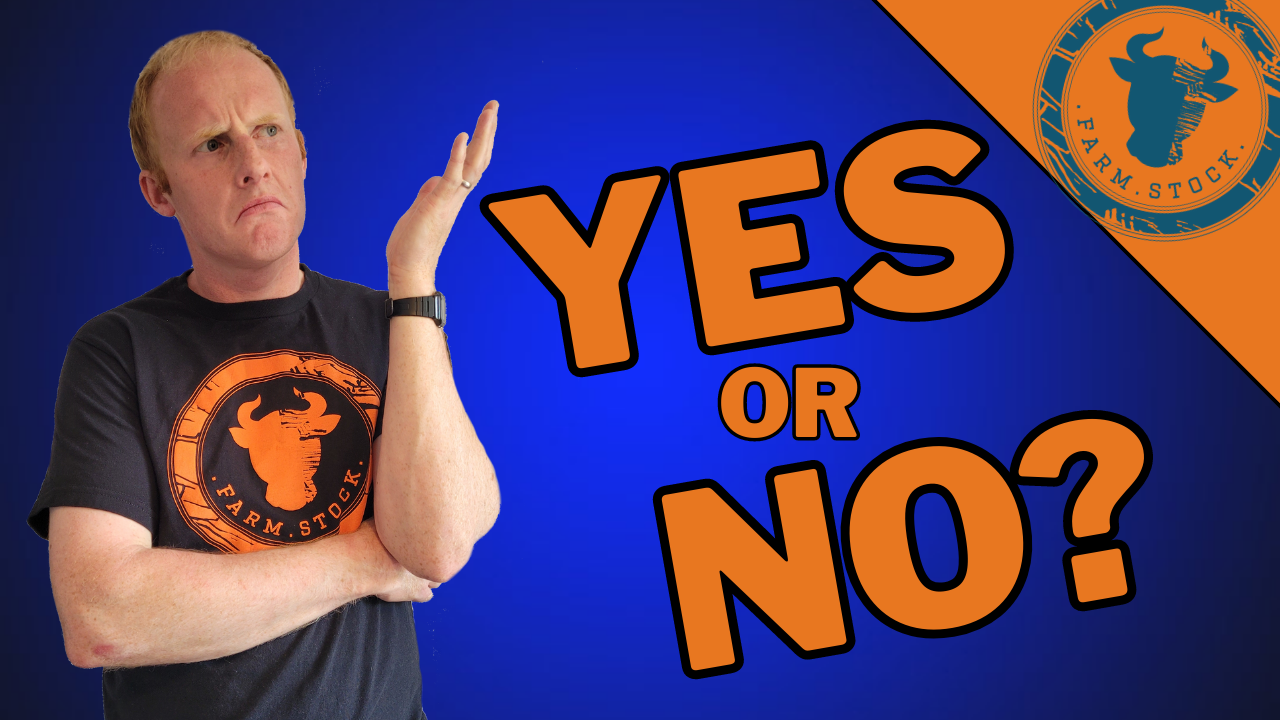Are British farmers better off without subsidies?

Whether we like it or not, UK farm subsidies are changing. we’re moving away from the food production based CAP subsidies and towards environmental style subsidies. Public money for public good as the UK Government would call it.
Not everyone agrees with this nor likes it. The critics stand by the need to defend food security as an island nation whilst the advocates see it as, quite simply, progress.
25 years ago Cambridgeshire farmer Olly Walston presented a BBC series entitled ‘Against the grain’ where he advocated the removal of farm subsidies. The belief was that they
“raised the price of land, made it much more difficult for new entrants to get into the industry and encouraged farmers, rather than thinking about their customers, to look to the government for help”.
Now there are many farmers that think they need subsidies as many of them wouldn’t be here without them but the argument was made that "farming neither benefits nor needs subsidies these days".
There were many, I imagine, at the time who were very against what Olly Walston preached but 25 years on we’re seeing a lot of his philosophy come true. Land prices are at record highs, unless you inherit a farmer, it’s virtually impossible to enter the industry and farmers and farm bodies' first port of call for help in times of crisis is the Government.
The New Zealand Argument
But rather than talking theory on this, we have a real world example in New Zealand agriculture in the late 1980’s which went cold turkey and removed all agricultural subsidies.
This article in the New York Times discusses the lessons learnt from subsidies withdrawal in New Zealand. As Malcolm Lumsden, president of Federated Farmers in New Zealand said:
What's happened since the reforms is that you have a new type of farm emerging - a business farm," said . Giving up subsidies made farming harder, he conceded, but introduced the pride that comes from entrepreneurship.
Another Federated Farmer President Charlie Pedersen added:
When you're not going to get paid for what the market doesn't want, you have to get off your backside and find out what they want
Is there something we could learn from this? I think so, yes.
Yes, in an ideal world.
Now, I’m a capitalist, I believe in free markets and the benefits of competition to bring the best out of everyone so I'd argue that, in an ideal world, there are significant benefits to removing subsidies and would benefit the industry long term. Yes, it will be hard, too hard for some, but I believe it can contribute significantly to dragging us out of the mess that we’re currently in.
But we don’t live in an ideal world. Would too many farmers go under? Would we be increasingly reliant on food imports? With natural capital, would the price of land continue to increase? Possibly yes. So removing subsidies in their entirety i don't believe is the best option. But I do believe we need to become much less reliant on them going forward. We all need to become business farmers first and foremost.
As Olly stated, why should farmers be any different to the steel industry, coal miners, textiles manufacturers or the local corner shop here in the UK? And the answer is, we’re not. We’re the last major industry to be subsidised……but that it now changing.
So whether you agree or disagree, believe it to be a force for good or the death nail in the industry, it really doesn’t matter because it’s happening. Subsidies are being reduced and we'll soon put Olly Waltsons theory to the test.
The Against the Grain series can be seen on YouTube thanks to his son David for uploading them to his channel:
Until next week.....
